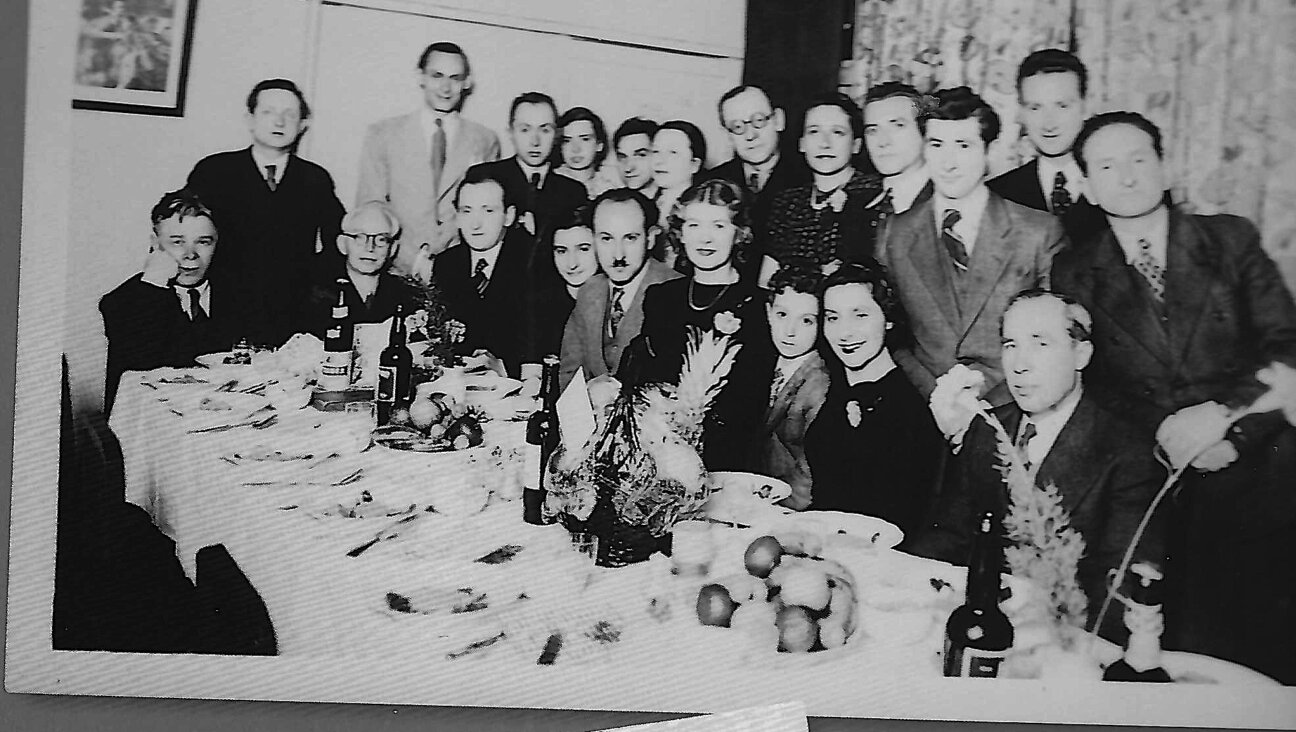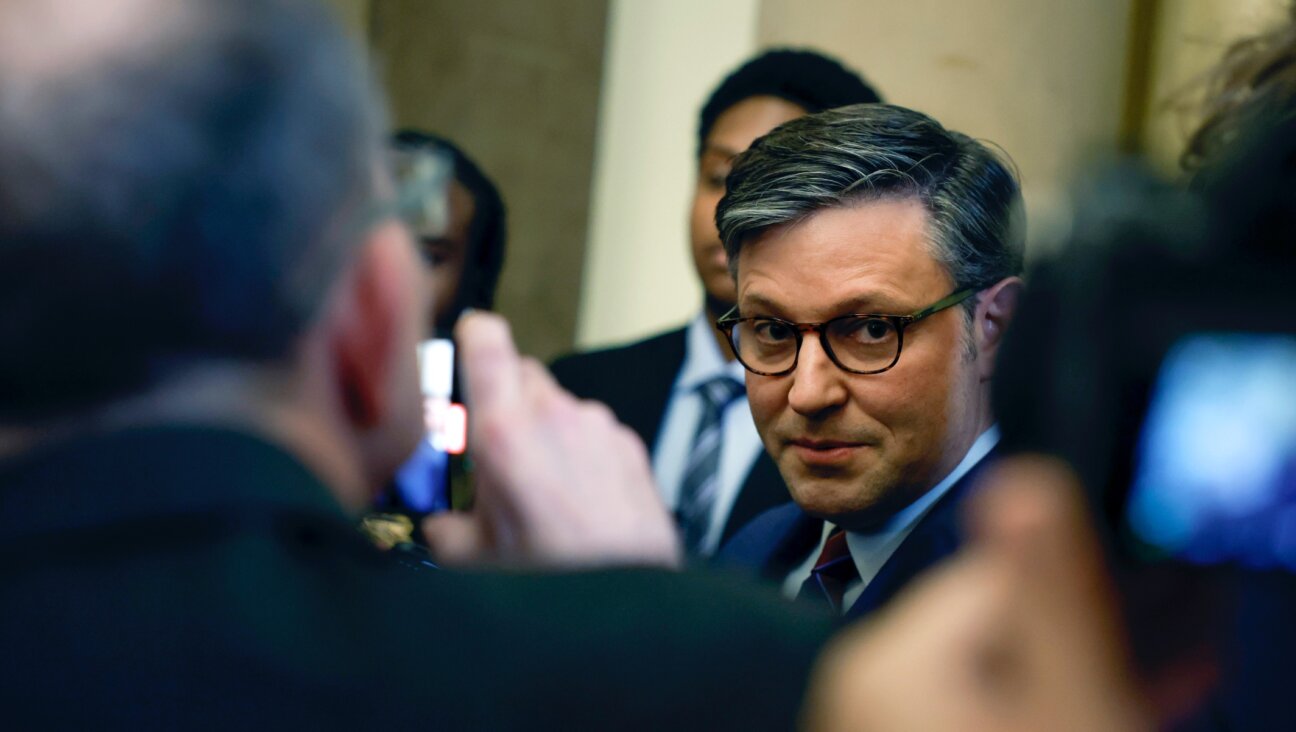Israel and Egypt To Begin Negotiations on Gaza Truce
Israel and Egypt are expected to enter intensive negotiations in the coming days in an attempt to agree on a mechanism that will bring the fighting in the Gaza Strip to an end.
As a preamble to these talks, Amos Gilad, the head of the Defense Ministry’s diplomatic-military bureau, will travel to Cairo Thursday for talks with Egyptian officials on an arrangement for managing the Philadelphi corridor and the degree of Egyptian involvement in curtailing arms smuggling into the Strip.
Meanwhile, the cabinet approved Wednesday a continuation of Operation Cast Lead.
The United States is also involved in the discussions between Israel and Egypt on an agreement that would seek to end smuggling into the Strip. Arab sources have said that Israel and the U.S. are discussing possible security arrangements that could be used on the Philadelphi corridor, and in parallel Washington is discussing with Cairo how such arrangements may be implemented.
Meanwhile, Egyptian officials are holding talks with Hamas on a new cease-fire agreement with Israel.
All parties, according to the Arab sources, are trying to reach an agreement before Arab states raise proposals at the United Nations Security Council that will call on Israel to cease fire immediately.
Notwithstanding a series of statements suggesting that there is agreement for a cease-fire, it appears that there are still significant differences between Israel and Egypt regarding the nature of the settlement. The main problem is the fact that Israel is preconditioning a cease-fire to a solution to the smuggling, while Egypt is asking for a cease-fire and the opening of the border crossings, before a resolution of the Hamas tunnels issue.
Talks on a diplomatic agreement began at the very early stages of the operation in the Gaza Strip. The U.S. was first in holding talks with the Arab League, in order to produce a solution that Arab states would impose on Hamas. However, intense infighting in the League, primarily between Egypt and Saudi Arabia on one side and Syria on the other, foiled any progress.
Following the initial American effort, the French launched an initiative for a 48-hour cease-fire. French Foreign Minister Bernard Kouchner presented the proposal on humanitarian grounds, and talked with Defense Minister Ehud Barak on the matter. Israel rejected the proposal, fearing that it would undermine its offensive in the Strip if it acknowledged that a humanitarian crisis existed in Gaza.
Anti-Hamas accords
At this point Israel proposed to the U.S. and the European Union that a settlement be constructed from a series of accords “against Hamas” that would be imposed on the group by the international community. The U.S. began talks with Egypt on the matter, and a few days ago French President Nicolas Sarkozy also became involved. At this point Israel opted to avoid direct talks with Egypt, leaving the coordination to Washington and Paris.
After a meeting with President Hosni Mubarak on Monday, Sarkozy traveled to Israel where he met with Prime Minister Ehud Olmert. “I understand the concern about the smuggling and agree that this is central to a solution,” Sarkozy told Olmert. The French president said that in parallel to the military operation in the Strip, Israel should begin direct talks with Egypt on the smuggling issue.
Sarkozy also promised that “if there is a need for Europe to establish an international ground force as well as a naval force in order to assist Egypt, everyone will be willing to assist.”
The French president added that the handling of the smuggling operations would be done on Egypt’s side of the border. “If you [Israel] decide that the mechanism [against the smuggling] is a good one, declare a cease-fire unilaterally,” Sarkozy told Olmert. “If Hamas responds, excellent. If not, keep on shooting.”
Sarkozy explained that at a later stage, when a cease-fire is in place, a solution would be found to the crossings – particularly the one in Rafah – and the incorporation of the Palestinian Authority in any solution. “If this is the framework and this is the order of things to come, I agree,” Olmert replied.
However, after Sarkozy visited Damascus and then Egypt once more for a meeting with Mubarak, it emerged that Cairo had a different view on the French proposal.
At a press conference, Sarkozy and Mubarak presented things differently:
First, an immediate cease-fire, an opening of the crossings and a start to negotiations for a long term cease-fire.
Second, regional and international guarantees for the cease-fire, and “improvement of the security situation on the border” – i.e. curtailing the smuggling.
Third, talks for internal Palestinian reconciliation.
Israel’s response
Israel’s response focused on Egypt’s willingness to discuss the question of the smuggling and an end to the terrorism originating in the Strip, but rejected any proposal for opening the crossings or resuming the internal Palestinian political dialogue. However, Israeli political sources say that they are dissatisfied by the difference in the Sarkozy version to Olmert and the one presented by Mubarak. It is also still unclear to Israel whether Cairo is interested in mediating between Israel and Hamas.
Meanwhile, Razi Hamad, a spokesman for Hamas, said Wednesday that “there is a positive atmosphere for a cease-fire.”
In an interview to the Palestinian News Agency Ma’an, Hamad indicated that it would be possible to reach a cease-fire within a week. “The diplomatic efforts should be allowed to succeed,” he said.
Deputy chief of the Hamas politburo Musa Abu Marzouk said Wednesday that the organization is examining the cease-fire proposal being proposed by Egypt, France, Syria and Turkey. He rejected the possibility that Hamas would negotiate a permanent cease-fire with Israel so long as the occupation persisted.
Another Hamas spokesman, Osama Hamdan, said that the group opposes the proposal of deploying an international force along the border between Gaza and Egypt.
Meanwhile, the Netherlands and Denmark are officially offering to deploy troops to a European observer force that would potentially be sent to the Gaza-Sinai border. In a letter to the Czech presidency of the European Union Wednesday, the foreign ministers of the two countries stressed the importance of building Israel’s confidence that Hamas will not acquire missiles, and called on the E.U. to offer supervision and control over the border with Sinai.
Defense Minister Ehud Barak said Wednesday evening during a meeting with European Union foreign policy chief Javier Solana that “[Israel] is working to ensure that [Operation Cast Lead] creates a safer reality for the southern communities. We will not abandon this objective.”
Referring to the possibility of a cease-fire agreement with Hamas, Barak said that Israel “will examine it to make sure it leads to the creation of the desired reality. If it does not, the Israel Defense Forces will continue its operation in Gaza and possibly intensify it.”
Solana said Wednesday that the Union is ready to assist Egypt in preventing smuggling, but in an interview to Reuters he qualified that the assistance “will be mostly technological and not by the deployment of forces.”

I hope you appreciated this article. Before you go, I’d like to ask you to please support the Forward’s award-winning journalism this Passover.
In this age of misinformation, our work is needed like never before. We report on the news that matters most to American Jews, driven by truth, not ideology.
At a time when newsrooms are closing or cutting back, the Forward has removed its paywall. That means for the first time in our 126-year history, Forward journalism is free to everyone, everywhere. With an ongoing war, rising antisemitism, and a flood of disinformation that may affect the upcoming election, we believe that free and open access to Jewish journalism is imperative.
Readers like you make it all possible. Right now, we’re in the middle of our Passover Pledge Drive and we need 500 people to step up and make a gift to sustain our trustworthy, independent journalism.
Make a gift of any size and become a Forward member today. You’ll support our mission to tell the American Jewish story fully and fairly.
— Rachel Fishman Feddersen, Publisher and CEO
Join our mission to tell the Jewish story fully and fairly.
Our Goal: 500 gifts during our Passover Pledge Drive!
























